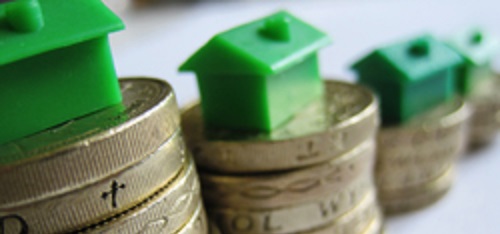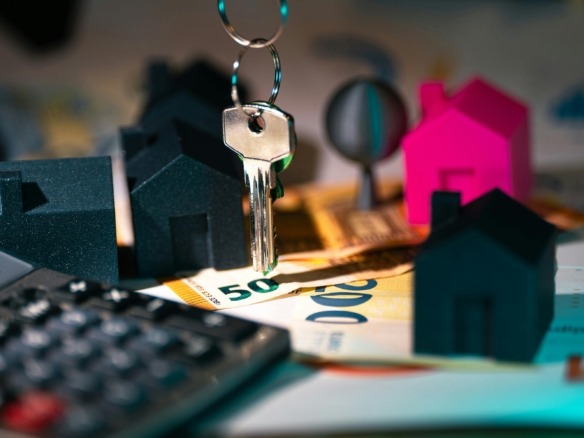Market overview
Spain is one of the most popular countries in the world for overseas property. Its combination of sunny weather, affordable house prices and long, sandy beaches make it a traditional destination for lifestyle buyers looking for holiday homes and second homes.
British buyers are one of the biggest groups of investors in Spanish property but the country’s attraction extends to Russian, Scandinavian, Chinese and American buyers, with non-EU buyers encouraged by the country’s visa laws, which offer permanent residency to those who spend more than 500,000 euros on real estate.
Popular hotspots in Spain include the Costa del Sol and Murcia, where the 2014 Paramount Theme Park is boosting property prices and tourist appeal.
The Selling Process
Market your property
In Spain, it is customary to commission several estate agents to sell your property, although exclusive contracts may be in your interest in certain situations. However, it’s increasingly easy these days to sell without using an agent. There are more and more specialist websites aadvertising property for sale in Spain. The key advantage here is avoiding the high agents’ fees. You will need to do your research to get the price right, though. Just looking at adverts will not be enough. You will need to get out and see comparable properties in your area and check out their facilities.
 Hire legal representation
Hire legal representation
There are three legal experts you should hire: A UK solicitor versed in Spanish property law. A reputable, English-speaking Spanish solicitor (an “abogado”). A public notary (“notario”).
 Reservation deposit
Reservation deposit
Once you are happy with the price, the buyer normally pays a smallreservation fee for the property to be taken off the market while his lawyer checks the proposed private purchase contract. This is an informal agreement and will not commit him to purchasing the property. However, if he reneges on his expressed interest in buying, he will forfeit his reservation fee.
(Note: In Spain, there is a local practice where some of the purchase price is paid “under the table”. This means that some of the price is paid to the vendor in cash, undeclared to the tax authorities, while the balance is paid in the normal visible manner. Although the practice is common, it is illegal and carries severe penalties.)
 Legal investigations
Legal investigations
The buyer now instructs his solicitor (“abogado”) to carry out certain essential legal checks on the property to start the conveyancing process. He will confirm that you actually own the property and have legal authority to sell it by checking the title deeds (“escritura”) against the Land Registry certificate.
 Private Purchase Contract
Private Purchase Contract
Once all the necessary legal checks have been completed, you will be ready to sign a private purchase contract (“contrato privado de compraventa”). This details the finer points of exactly what you are purchasing and includes all the fundamental information about the sale, such as the price, the fixtures and fittings included in the sale, and the completion date when the deeds will be signed and the property transferred.
Unless you are fluent in Spanish, you should have the contract translated into English before you sign it and ideally have a translator on hand during the signing.
 Deposit
Deposit
The contract commits both you and the buyer to complete the transaction. At this point, the buyer must pay 5% to 15% of the purchase price as a deposit. If you walk away now, you are liable to repay them twice this in compensation.
 Completion
Completion
After all the legal paperwork has been completed, you will be ready to sign the public deed (“escritura de compraventa”). This is the moment when ownership of the property passes from vendor to buyer. The notario must be present at this event to formally witness and register the transfer of ownership on behalf of the Spanish government. You will also need proof of ID.
 Land Registry
Land Registry
Once the public deed (“escritura de compraventa”) has been signed, it must be registered with the local Land Registry (“registro de la propiedad”). Registration is essential to protect the purchaser from third party claims against the vendor.
Average selling prices

1 Bed Apartments
£136,609
2 Bed Apartments
£190,300
3 Bed Apartments
£367,373
2 Bed Homes
£202,976
3 Bed Homes
£339,326
4 Bed Homes
£766,664
Essential selling checklist

Once you can tick off all of these items, you have sold your home!
Legal representation Property listing Legal investigations Private Purchase Contract Deposit Land registry documentation
Photos: Kevin Poh, Images_of_Money, AJC1 / Diana Parkhouse




